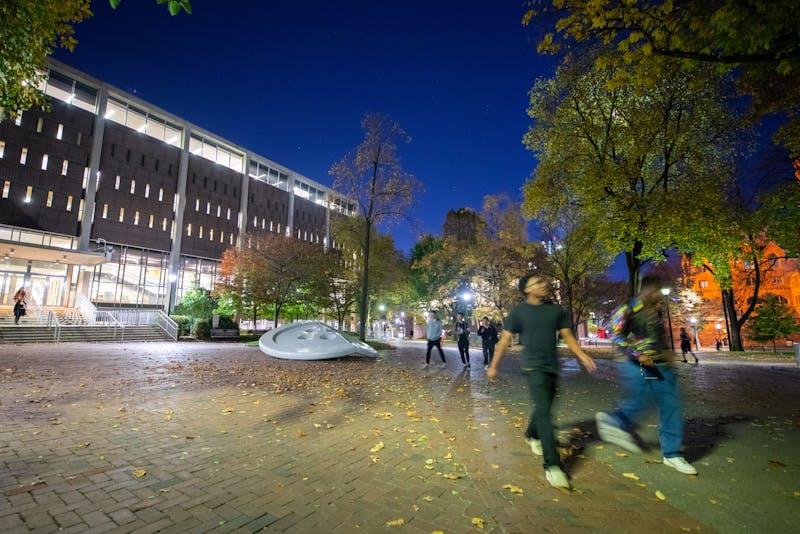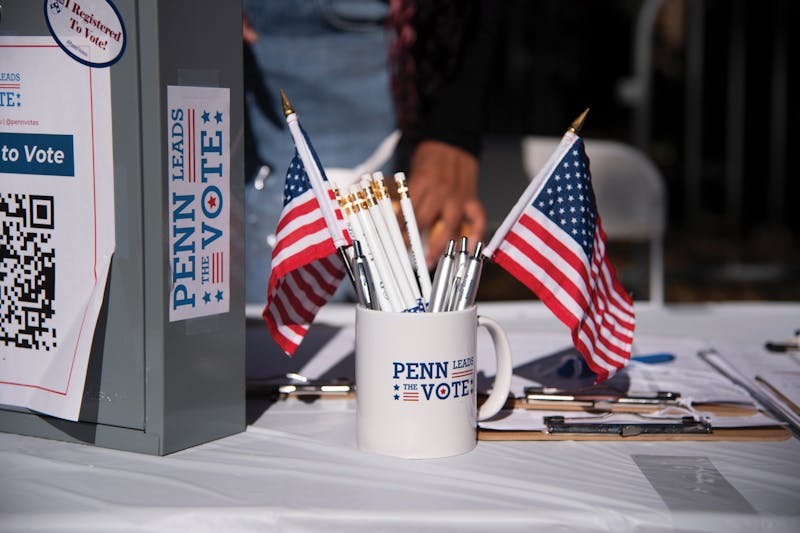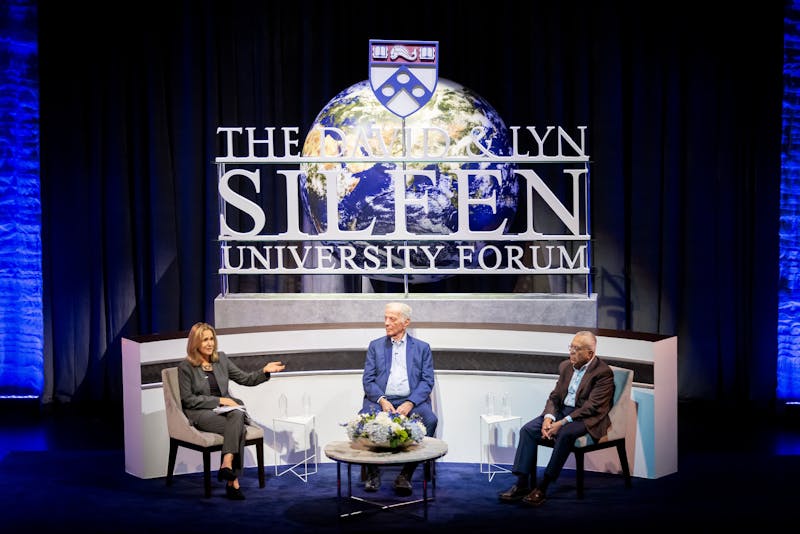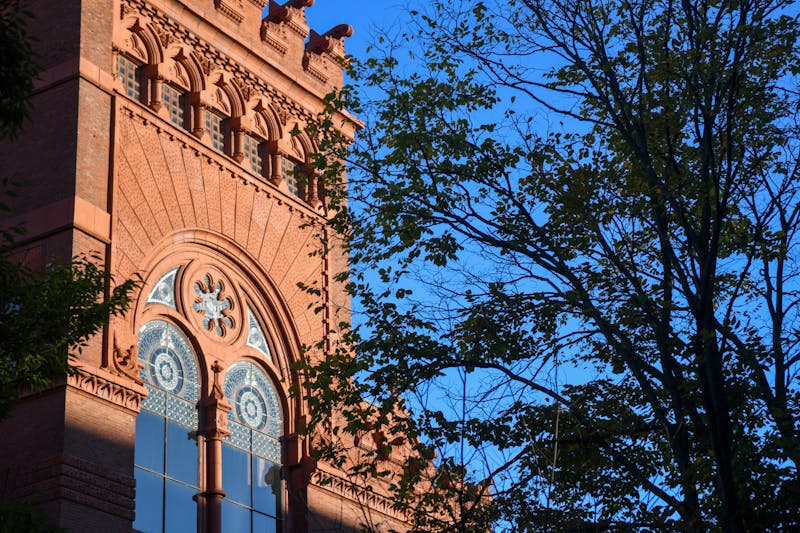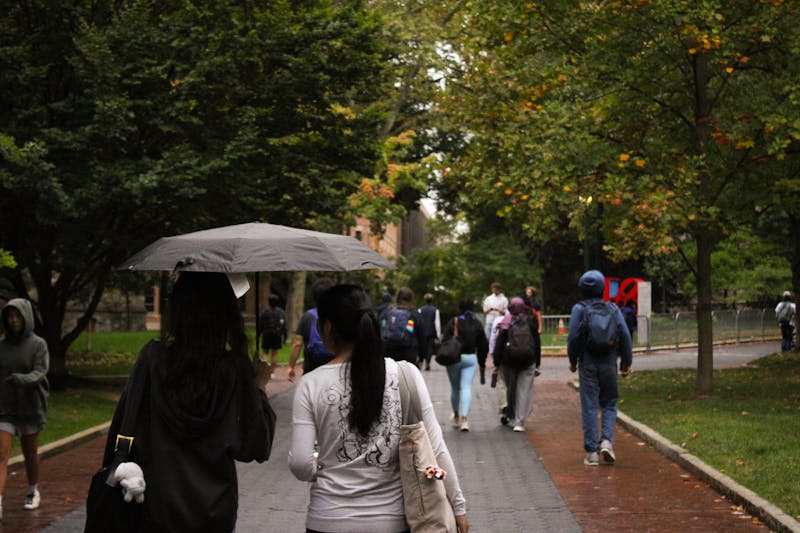
Penn recently issued a statement recommending that Penn international students return to the United States before 1968 Wharton graduate, former President, and President-elect Donald Trump is inaugurated on Jan. 20, 2025.
The announcement, posted on the International Students and Scholar Services website, is directed at Penn community members who hold J-1 and H1-B visas and plan to travel internationally over winter break. The statement follows plans announced by Trump to implement a travel ban barring Palestinian refugees and travelers from several other predominantly Muslim countries. Trump also indicated that he would sign executive orders on his first day as president focused on economic and immigration issues.
“If there are changes to US re-entry policies which may possibly occur during a change in administration, we will provide updates as needed,” the statement read. “To avoid any unexpected issues, we advise returning prior to the presidential inauguration on 1/20/2025.”
During Trump’s first term, he issued an executive order that restricted entry into the United States from many Muslim-majority countries. The travel ban was later extended to include additional countries, such as Venezuela, North Korea, and Nigeria.
A representative for the Assembly of International Students told The Daily Pennsylvanian that international advocacy groups — including AIS — have “worked closely with ISSS before and after the recent elections” and that the ISSS’s reminders regarding international travel are “taking a proactive and thoughtful approach, prioritizing clear communication and careful consideration rather than creating unnecessary concern.”
The representative said that the administration — including leaders from Global Initiatives, University Life, and ISSS — has voiced a commitment to providing “well-defined, accurate information” and will maintain “consistent communication” with organizations including Penn’s Office of Government and Community Affairs, Penn’s General Counsel, the Association of International Educators.
“ISSS also continues to engage in proactive consultations with its Ivy Plus peers to stay aligned on best practices and emerging issues affecting international students,” the representative added.
College sophomore John Yang, a student from China, said that he is “not really” stressed about the incoming Trump administration.
“Trump was a president before, so I feel like people [already] have an overview of … the worst case scenario,” Yang said.
College sophomore Amanda Hunt, an international student from Chile, said that while it is “distressing” to hear that there is “uncertainty” over what could happen to international students under a new presidential administration, she believes the impacts will differ depending on the country students are coming from.
“I wouldn’t say I’m worried, because I do believe that my country has very good diplomatic relationships with the U.S.,” she said.
Hunt also stressed that the challenges faced by international students from the Middle East — such as her friends who live in Syria — are not specific to the incoming Trump administration.
“Students under the Biden administration, especially students from the Middle East, have always had issues coming into the country,” she said. “I am worried for Trump being in office, but … it’s always harder for students from the Middle East to come into the country, no matter what the administration is, whether they’re Democrats or Republicans.”
Several other U.S. universities — such as the University of Massachusetts Amherst, Cornell University, and Wesleyan University — have also issued reminders advising students to return to campus before Trump’s inauguration.
The Daily Pennsylvanian is an independent, student-run newspaper. Please consider making a donation to support the coverage that shapes the University. Your generosity ensures a future of strong journalism at Penn.
Donate




